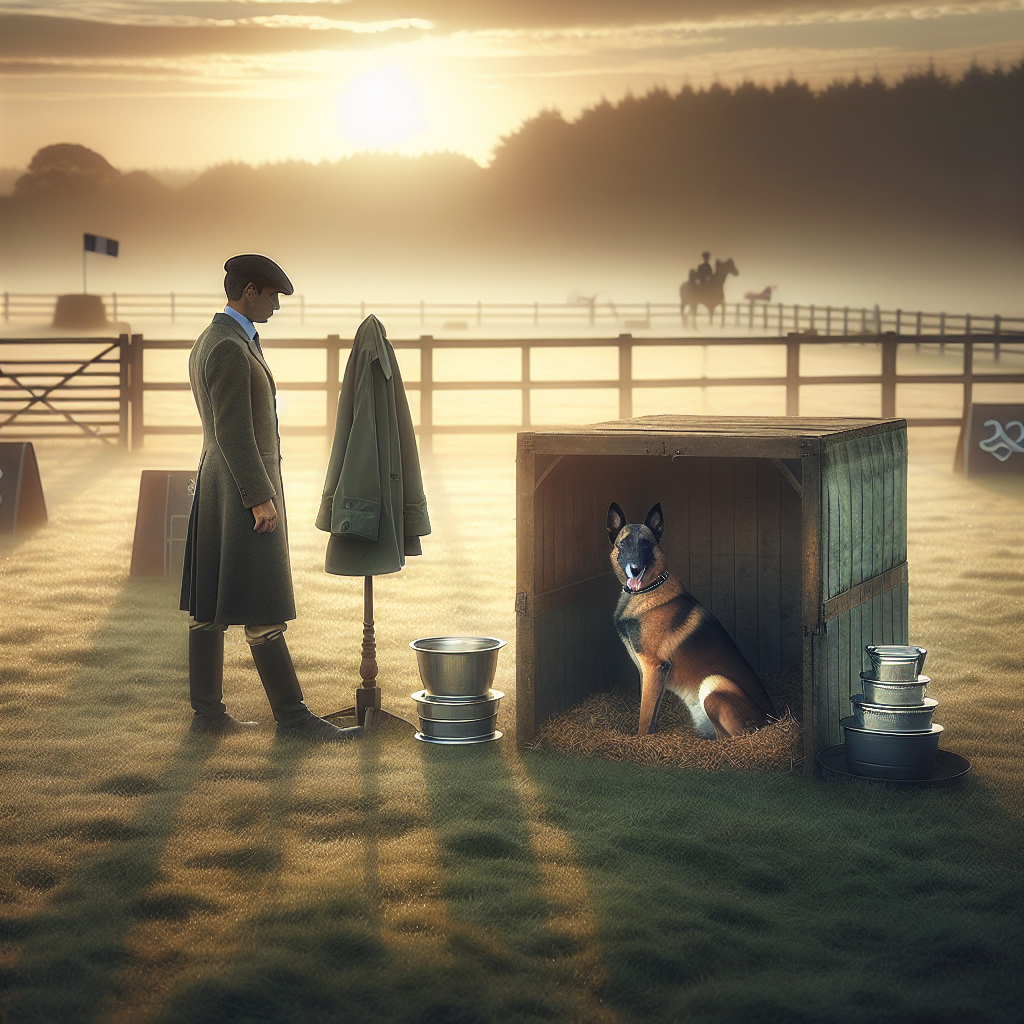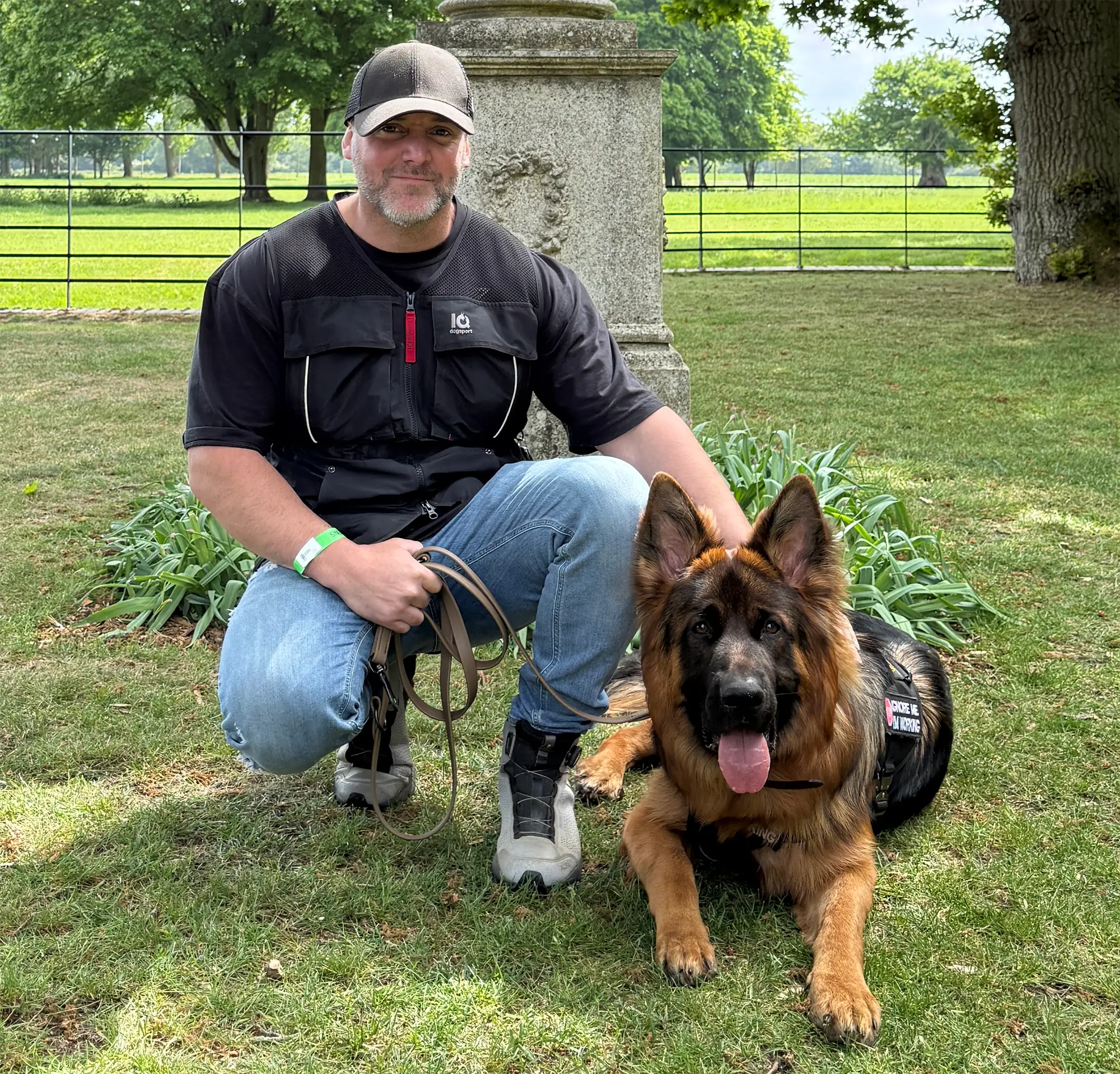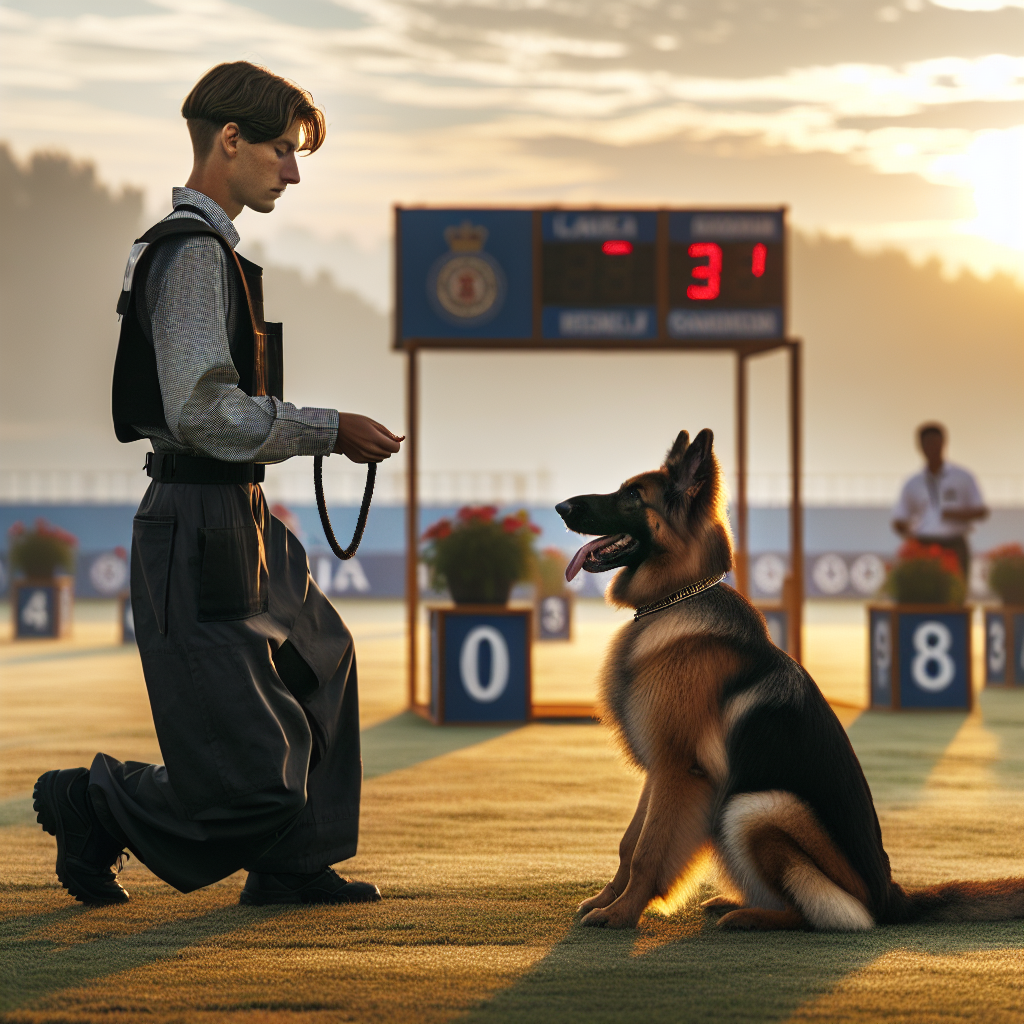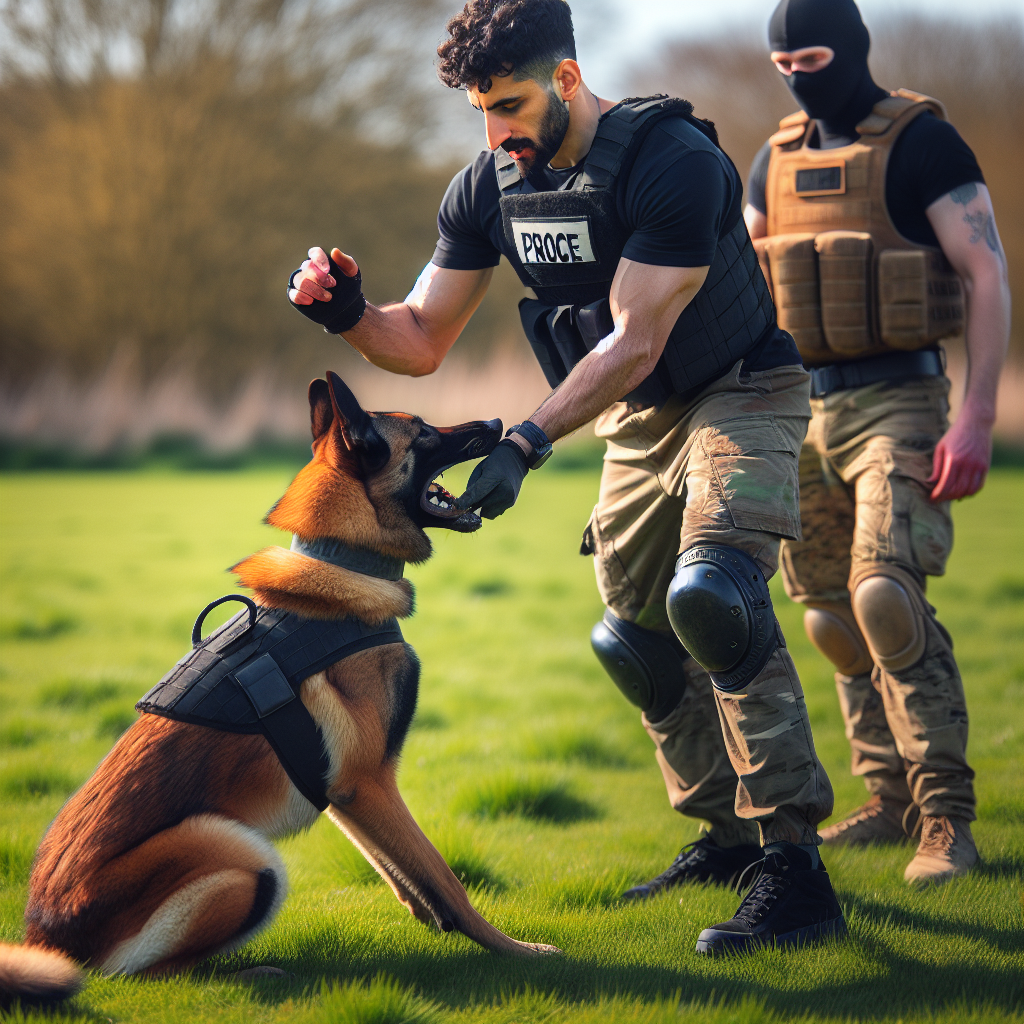Multi Day Trial Dog Fatigue Management

Multi Day Trial Dog Fatigue Management
Competing over several days is a different sport to a single show. Multi day trial dog fatigue management is the skill that protects performance, keeps your dog safe, and lets you finish strong. At Smart Dog Training, we prepare teams for the demands of back to back rings and fields using the Smart Method. If you want structure, clarity, and results, this is your roadmap. Every Smart Master Dog Trainer is taught to apply the same system so you get the same quality of preparation nationwide.
Fatigue does not only come from work on the field. It comes from travel, busy venues, disrupted sleep, heat, cold, mental arousal, and handler nerves. Smart Dog Training manages all of it with a plan you can execute with confidence. In this guide, I will show you how to use multi day trial dog fatigue management to stack the deck in your favour, reduce risk, and produce consistent scores.
What Fatigue Does to Performance and Safety
Fatigue reduces impulse control, slows reactions, and erodes precision. You see sloppy grips, late sits, creeping heelwork, and dropped retrieves. You also see a higher chance of soft tissue strain, pad damage, or gut upset. Multi day trial dog fatigue management targets the real cause of these dips so you maintain power and clarity across rounds.
- Nervous system effects. Slower processing and weaker arousal control show up as late markers, slow outs, and mistakes under distraction.
- Muscle effects. Reduced force and poor coordination raise injury risk and lower power in jumps, drive, and obedience.
- Gut and hydration effects. Poor hydration and feeding timing cause energy crashes, loose stools, and reluctance to work.
- Mindset effects. Handler decision fatigue leads to over training between rounds and missed recovery steps.
The Smart Method for Multi Day Events
The Smart Method is structured, progressive, and outcome driven. It is how Smart Dog Training builds reliable behaviour that lasts in the real world and in the ring.
- Clarity. Clean markers and precise cues reduce waste. Less waste means less fatigue.
- Pressure and Release. Fair guidance creates accountability without conflict. This preserves the relationship across a hard weekend.
- Motivation. Purposeful rewards build a positive emotional state so your dog wants to work on day one and day three.
- Progression. We layer distraction, duration, and difficulty in training so trials feel easy.
- Trust. Calm, predictable routines lower stress and speed recovery.
Multi day trial dog fatigue management simply applies these pillars to energy budgeting, recovery, and decision making. A certified Smart Master Dog Trainer will map this to your dog, your sport, and your calendar.
Pre Trial Preparation Timeline
Smart results come from planning. Here is how we build toward a weekend event while keeping recovery front and centre.
Four Weeks Out Conditioning and Load
- Conditioning base. Two to three aerobic sessions per week such as brisk walks, trotting beside a bike at a safe pace, or controlled retrieves. Aim for steady work that builds capacity without stress.
- Strength and elasticity. Short hill work, low jump drills, tug with clean outs, and rear end engagement. Keep reps low and quality high.
- Skill sharpening. One to two focused technical sessions per week with perfect markers and short sets. Stop while the dog is eager.
- Recovery habit. Daily calm crate time, place work, and a simple cool down routine so the dog associates stillness with reward.
One Week Out Taper and Skill Polishing
- Reduce volume. Cut conditioning by half. Keep skills crisp with micro sessions that end on success.
- Rehearse routines. Practise warm up, entry, and exit as they will run at the event. Multi day trial dog fatigue management starts with predictable patterns.
- Hydration habit. Offer water little and often. Note normal intake so you have a baseline.
- Pad care. Check nails, trim hair between pads, and apply light balm at night if needed.
The Day Before Packing and Mental State
- Pack recovery first. Crate with cover, non slip mat, water bowl, measured food, light treats, electrolyte plan if advised by your vet, shade options, cool coat, towels, and a basic first aid kit.
- Stick to familiar food. Do not change diet near a trial.
- Travel early and quietly. Short comfort breaks, zero hype, and planned arrival. Energy saved now pays off later.
Daily Energy Budgeting at Events
Think like a coach. You have a limited energy budget each day. Spend only on actions that move the needle. Multi day trial dog fatigue management is a series of small decisions made well.
Warm Up That Primes Not Drains
Warm up should turn the engine on, not burn fuel. Keep it short, specific, and calm.
- Five to eight minutes total. Start with a relaxed walk, then joint circles and position changes. Finish with one or two sport specific triggers such as a brief heel pattern or one clean tug to wake drive.
- Markers and exits. Use clear markers and end with a calm exit to the crate. Do not chase hype.
- Rep discipline. One perfect rep beats five average reps. Save the best for the ring.
Cool Down and Active Recovery
- Two to three minutes of loose lead walking to bring heart rate down.
- Gentle range of motion. Check neck, shoulders, hips, and back with light, slow movements.
- Temperature control. Shade or cool coat in heat. Dry and warm layers in wind or rain.
- Back to crate. Deliver water, then reinforce stillness with a chew or low value food scatter if your dog relaxes with it.
Hydration and Nutrition Strategy
Energy comes from fuel and water. Smart Dog Training keeps both steady and predictable.
Feeding Schedule for Stable Energy
- Pre event day. Feed normal meals and finish the last full meal the evening before.
- Trial mornings. Offer a small meal two to three hours before your first run if your dog works well with food on board. If not, use tiny top ups between phases.
- Between phases. Use small, easy to digest toppers such as single protein treats. Keep quantities low to avoid gut stress.
- Post run. Wait until breathing is normal before offering food or higher water intake.
Electrolytes and Water Management
- Water little and often. Offer small amounts frequently. Track intake and urine colour so you see trends.
- Use familiar water. If your dog is picky, bring water from home.
- Electrolytes only if appropriate. Follow your vet’s advice and trial products at home well before competition. Never introduce new products at the event.
Sleep, Crate Rest, and Calm Between Rounds
Rest is performance. Multi day trial dog fatigue management hinges on high quality rest between efforts.
- Crate as a safe den. Covered crate with a breathable mat in a quiet spot. Teach this at home so the dog settles fast.
- White noise options. If allowed, simple sound masking helps reduce startle and arousal.
- Do not socialize endlessly. Save your dog’s focus for the work.
- Night routine. Short walk, light mobility, water, then to bed. Keep the handler social time separate from the dog.
Managing Arousal and Nerves in Busy Venues
Over arousal burns fuel. Smart Dog Training uses clarity and structure to keep the dial right.
- Calm entry. Move to the ring with quiet purpose. Avoid play that spikes the dog before you are called.
- Place and crate skills. Teach your dog that calm brings reward. Reinforce down time with chews or calm food delivery.
- Handler state. Breathe, walk tall, and speak softly. Your dog reads you.
Environmental Factors You Must Plan For
Weather, ground, and travel can drain energy faster than the work itself. Build them into your plan for multi day trial dog fatigue management.
- Heat. Shade, airflow, cool coats, and early hydration. Shorten warm ups and extend cool downs.
- Cold. Longer warm ups and active movement. Keep the dog dry between phases.
- Ground. Check for holes, debris, and slippery patches. Adjust stride demands in jumps and retrieves.
- Travel. Break long trips with short walks and water. Settle the dog before you arrive at the venue.
Paw, Muscle, and Joint Care
Small issues become big ones across multiple days. Inspect after each phase.
- Pads. Check for heat, cracks, or stones. Clean and dry thoroughly. Use balm at night if needed.
- Nails and dew claws. Keep tidy to avoid snags.
- Muscle tone. Feel for tight spots in neck, shoulders, and back. Gentle massage only. If you see pain, stop and reassess.
Recognising Early Signs of Fatigue
Catching early signs lets you pivot before performance drops. Multi day trial dog fatigue management is proactive, not reactive.
- Behaviour changes. More vocal, sticky in positions, or slow to respond.
- Movement changes. Shorter stride, stiffer turns, or reluctance to jump.
- Focus changes. Scanning, sniffing, or over fixation on the crowd.
- Physiological changes. Dark urine, heavy panting at rest, or a hot back.
If two or more signs show up, reduce volume, extend rest, and clean up your warm up. Ask a Smart Master Dog Trainer to review your plan before the next round.
Adjusting Strategy Across Multiple Days
Day one sets the tone. Day two and three demand flexibility. Here is how Smart Dog Training adapts multi day trial dog fatigue management in real time.
- Spend less on warm up each day. If the dog is keen, shave a minute and keep reps minimal.
- Extend cool down after heavy efforts. Add more walking and passive rest.
- Protect sleep. Leave the venue sooner. Keep the evening quiet.
- Adjust food timing. If gut is slow, shift calories later and use smaller portions.
Handler Mindset and Decision Making
Your job is to guard the plan. The best handlers make calm, simple choices. Smart Dog Training teaches handlers to zoom out, stick to their markers, and measure energy like money.
- Non negotiables. Warm up cap, cool down steps, crate rest windows, and water schedule.
- One change at a time. If you adjust something, change one thing and observe.
- End on a win. If day one is great, resist the urge to drill skills outside the ring.
Sample Two Day Plan Using the Smart Method
Use this as a template and tailor it with your Smart trainer.
Evening before day one
- Arrive early and walk the venue calmly.
- Short marker rehearsal. One heel pattern, one down, one recall cue. Stop while the dog wants more.
- Water, light snack if appropriate, then bed.
Day one
- Morning. Toilet, five minute warm up, one sport specific activation, then to crate near the ring.
- After first run. Two to three minute cool down walk, water, shade, then crate with a chew for calm.
- Between runs. Short toilet breaks, zero drilling. Handler eats, dog rests.
- Evening. Ten minute walk, light mobility, normal meal, early bed.
Day two
- Morning. Repeat warm up but shorten by one minute if the dog is sharp.
- Between runs. Same as day one. Add one extra rest block after the heaviest phase.
- Post event. Cool down, water, praise, and travel home quietly. No extra training.
Multi day trial dog fatigue management is about consistency. When in doubt, do less and do it better.
Common Mistakes to Avoid
- Turning warm up into a training session. Keep it short and clean.
- Letting social time drain focus. Protect the crate and place routine.
- Feeding too much between phases. Small and simple wins.
- Changing gear or food on the day. Trial everything in advance.
- Ignoring early signs of fatigue. Adjust fast and protect the weekend.
Smart Support for Competitors
Whether you run IGP, obedience, agility, or protection, Smart Dog Training builds plans that hold up under pressure. Multi day trial dog fatigue management is part of every advanced programme we deliver. We coach handlers to read their dogs, make calm choices, and repeat proven routines. Ready to turn your dog’s behaviour around? Book a Free Assessment and connect with a certified Smart Master Dog Trainer available across the UK.
FAQs
How early should I start multi day trial dog fatigue management?
Begin at least four weeks out. Build conditioning, rehearse routines, and taper in the final week. The earlier you build habits, the easier they hold at the event.
What is the ideal warm up length for most dogs?
Five to eight minutes works for most teams. Keep it calm, specific, and end with a clear exit to the crate. Quality beats volume.
How do I handle heat during a summer trial?
Shorter warm ups, longer cool downs, shade, airflow, and steady water. Offer small drinks often and protect the crate from direct sun.
What should I feed on trial mornings?
Many dogs do best with a small meal two to three hours before work or tiny top ups between phases. Keep food familiar and simple. Avoid big meals close to work.
How do I know if my dog is getting too tired?
Watch for slower responses, shorter stride, scanning, or heavy panting at rest. If you see two or more signs, reduce volume and extend rest. Ask a Smart trainer to review your plan.
Can I train skills between runs to fix mistakes?
Keep it minimal. One clean rep can help, but drilling drains energy and risks confusion. Stick to your markers and save training for home.
When should I use electrolytes?
Only if advised by your vet and only after testing at home. Never introduce new products at the event. Water offered little and often is your base plan.
How does Smart Dog Training customise a plan for my dog?
We assess your dog’s current conditioning, arousal profile, and sport demands, then build a schedule for warm up, cool down, hydration, feeding, crate rest, and travel. We layer the Smart Method so your routine is repeatable anywhere.
Conclusion
Winning weekends are built on simple routines done well. Multi day trial dog fatigue management is not about doing more. It is about doing the right things at the right time with calm precision. The Smart Method gives you clear markers, fair guidance, strong motivation, and a progressive plan that holds up under pressure. Work this plan, protect recovery, and your dog will finish the last round as bright as the first.
Your dog deserves training that truly works. With certified Smart Master Dog Trainers nationwide, you will get proven results backed by the UK’s most trusted dog training network. Find a Trainer Near You



